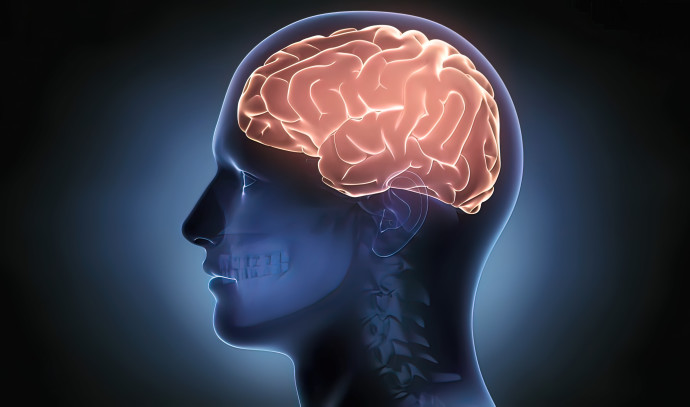New evidence has shown that people with increased sensitivity to pain are also more likely to endorse values common to people of their opposite political persuasion.
We live in a time of exacerbating political polarization. Bridging the ideological divide is hard. Although some strategies have been found effective for interpersonal persuasion and interaction across the aisle, little is known about what intrapersonal attributes predict which individuals are more inclined to support their ideological opponent’s views.
The research identified a low-level attribute – sensitivity to physical pain – that accurately predicted individual variations in support for moral and political views typically favored by one’s ideological opponent.
Amazingly, the researchers also found that there was stronger support for the other camp’s politicians and that they were more likely to vote for Donald Trump in 2020 if they were liberal or Joe Biden if they were conservative.
The lead researcher – marketing Prof. Spike Lee at the University of Toronto’s Rotman School of Management and its psychology department – was pinching himself at the revelations.
“We were honestly not expecting to see this kind of cross-aisle effects of pain sensitivity,” said Lee, who started thinking about the research idea while enjoying an oral-numbing experience in his dentist’s chair.
“When we first found it, we thought it might be a fluke. That’s why we ran a replication study. We found it again. We ran extended replications and follow-up studies. We kept finding it.”
The connection is perhaps not so surprising considering that we experience pain – whether it’s the physical pain of stubbing our toe or the social pain of getting bulldozed in a political argument – in a similar part of the brain. We can also experience pain vicariously by witnessing other people’s distress or perceiving a social injustice.
Lee and his research colleague, psychology graduate student Cecilia Ma, ran seven different studies with more than 7,009 American participants to test competing theories of what pain sensitivity does to our perceptions of moral and political threats – does it heighten them across the board, only affect threats to the sensibilities we hold dear, or make us more sensitive to somebody else’s?
Results of the study
Their study has just appeared in the Journal of Personality and Social Psychology: Attitudes and Social Cognition under the title “Pain sensitivity predicts support for moral and political views across the aisle.”
To gauge pain sensitivity, they used a validated self-report instrument called the Pain Sensitivity Questionnaire, asking participants about their political orientation and conducting an assessment of the foundations of their moral outlook.
Liberals with higher pain sensitivity showed greater affinity for typically conservative moral values such as loyalty and authority. Pain-sensitive conservatives meanwhile showed more support for values such as care and fairness, usually associated with liberals.
The pattern continued when participants were asked about their 2020 voting intentions and their support for Democrat and Republican politicians.
So, along with being quicker to scream “ouch!” does that mean the pain-sensitive are also confused about their political orientation? Lee cautions that “it’s not that their profile of moral sensitivities shifts from ‘only supporting our side’ to ‘only supporting the other side.’ Instead, they tend to be more supportive of both sides’ views.”
While the research doesn’t give a clear solution for how to find the middle ground in a politically polarized society, it does shed light on a previously unexplored influence on our moral and political views.
Far from being purely rational, most people’s views “are infused with moral feelings, with emotional reactions to what’s right and wrong,” said Lee. “The better we understand the basis of a person’s moral feelings, the better we can explain and predict their political views.”




